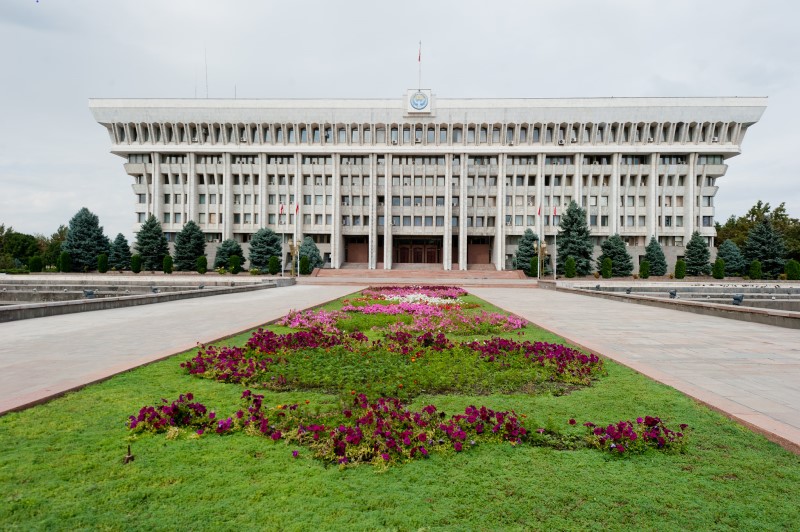The “Last Soviet Children” Complete Takeover of Kyrgyz Politics
By Johan Engvall
Deceber 15, 2021, the CACI Analyst
Kyrgyzstan’s recent parliamentary vote may not have been the most inspiring in the country’s modern history of competitive elections. The incoming parliament had its powers slashed because of the return to a strong presidential form of government and the parties that received the most votes in the elections are pro-government. While the new legislature appears unlikely to wield strong influence over policy formulation, it nonetheless reflects a decisive and permanent generational shift that has taken place in Kyrgyz politics. The representatives of the older Soviet-era generation are largely out of the government of the state, replaced by “the last children of the Soviet Union”, now in their mid-40s. But who are they?




